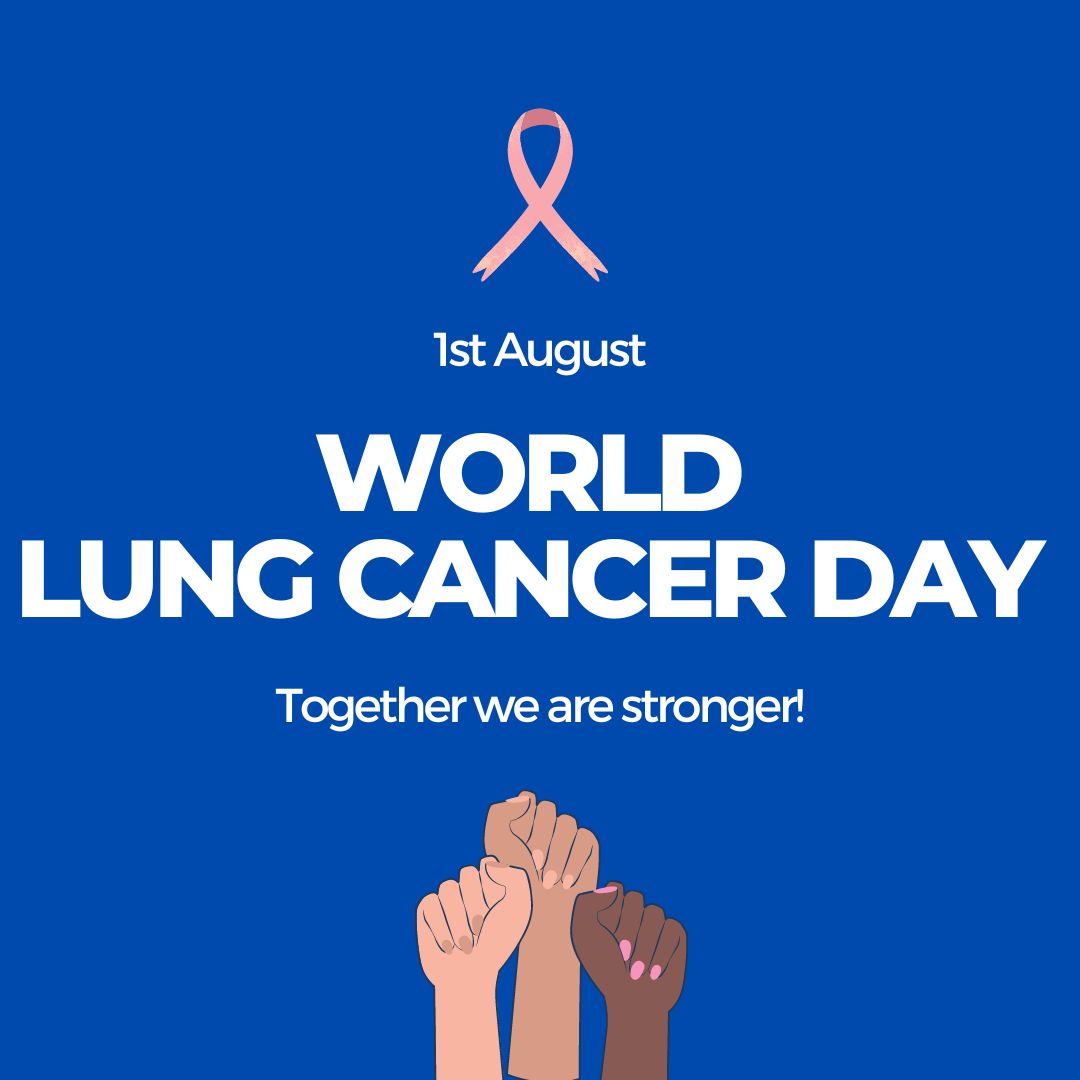Triglycerides are a form of fat that circulates in your body. Triglycerides are used as an energy source by your body. 1/3rd the population of the globe has elevated triglyceride levels. Though our body needs some amount of triglycerides to function properly, excess of this may lead to heart disease, stroke, or severe abdominal pain due to irritation of the pancreas. Higher levels of triglycerides in the body is termed hypertriglyceridemia. The condition doesn’t show any symptoms; hence patient may not recognize the disorder in the early stage or be aware of the condition.
Triglyceride can be examined through a simple blood test that usually comes as a part of full lipid profile test. The test also determines Total cholesterol, LDL cholesterol, and HDL cholesterol. The normal levels of triglycerides are usually below 150mg/dL. The triglycerides level normally raises after having a meal, thus it is best to check triglycerides after fasting for 8 hours or more.
Normal triglycerides – 150mg/dL
Borderline – 150-199mg/dL
High – 200-499 m/dL
Very high – above 500 mg/dL
Causes of elevated triglycerides
- Diet high in fat, certain carbohydrates, or sugar
- Too much alcohol
- Not doing enough exercise
- Being overweight
- Certain medical conditions (e.g. high blood sugar)
- Certain medications
- Heredity
Ways to lower triglycerides level
Diet
- Decrease fat
- Increase fiber intake
- Be sure your calories come from nutrient-rich foods
- Decrease sweets
- Increase omega-3 intake
- Read nutrition labels for portion size, calories, fat, and sugar in foods
- Limit alcohol intake
Weight loss
- Lose weight by eating a healthy diet and doing regular exercise.
- Losing 5 to 10 percent of your body weight can lower triglycerides by about 20 percent.
- Work with your Dietitian or your doctor for individualized eating goals.
Medications
- In addition to the healthy lifestyle changes, your doctor may recommend you take prescription medication to lower your triglyceride levels.
- For best results, take your medication as prescribed by your doctor at a regular time.
Exercise
- Exercise at least 30 minutes, 5 times a week.
Diabetes
- If your blood sugar is high, your triglycerides may also be high. Take your diabetes medication as prescribed. Test your blood sugar as recommended. Follow your regime to manage your blood sugar religiously.
(Disclaimer: The content on this site is for informational purposes only, and should not be taken as professional medical advice. Always seek the guidance of your doctor or other health professionals for any questions you may have regarding your health or a medical condition.)

 Triglycerides are a form of fat that circulates in your body. Though our body needs some amount of triglycerides to function properly, excess of this may lead to heart disease. Here are some ways through which you can easily reduce your elevated triglyceride levels.
Triglycerides are a form of fat that circulates in your body. Though our body needs some amount of triglycerides to function properly, excess of this may lead to heart disease. Here are some ways through which you can easily reduce your elevated triglyceride levels.



















.jpeg)


.jpeg)



.jpeg)
.jpeg)






.jpeg)





